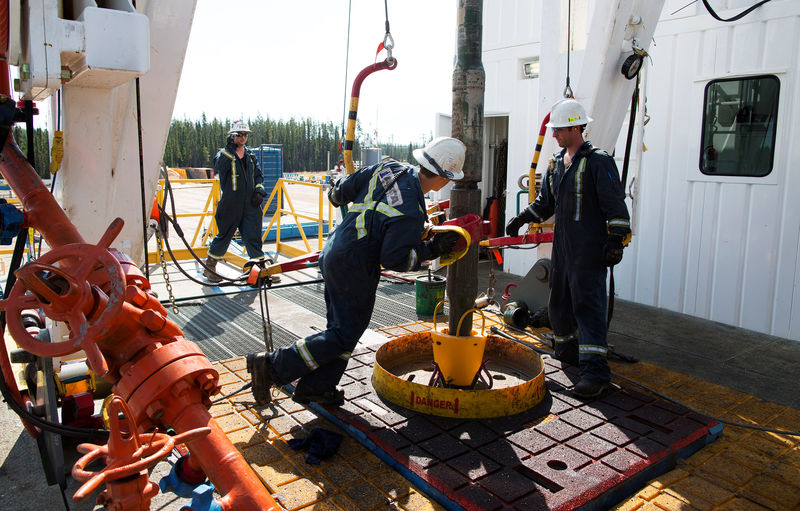Equities and oil divergence to continue for a while
Investing.com -- Recent developments in financial markets suggest that the longstanding relationship between equities and oil prices has unraveled, with this divergence expected to continue in the foreseeable future.
Traditionally, these two asset classes have moved in tandem, often reflecting changes in global demand.
However, analysts at Capital Economics believe that we are now entering a period where they will follow separate paths.
Over the past few years, the trends in oil and equities have markedly diverged. While the price of Brent Crude has recently dropped to its lowest level in nearly three years—falling below $70 per barrel—the stock market, particularly in the U.S., has seen only modest declines.
The S&P 500 , for instance, is down just 3% from its July peak, reflecting how disconnected these markets have become. The reason for this decoupling lies in the different forces shaping each market.
One of the key reasons behind the divergence is the influence of supply-side factors in the oil market. Unlike equities, which are more sensitive to economic fundamentals and investor sentiment, oil prices have been heavily influenced by idiosyncratic supply issues.
OPEC+ decisions to extend production cuts, combined with a geopolitical risk premium, have created a distorted supply dynamic in the oil market.
These supply factors, rather than changes in demand, have kept oil prices under pressure, despite varying global economic conditions.
At the same time, equity markets, particularly in the U.S., have been driven by very different factors. Enthusiasm over advancements in artificial intelligence (AI) has injected a wave of optimism into the stock market, especially among tech-heavy indices.
Until mid-2024, this AI-driven optimism helped push equity markets to new highs, with investors banking on the transformative potential of AI technologies.
Even though concerns about the U.S. economy temporarily dampened this enthusiasm in recent months, “we think there is still room for the AI-fuelled equity bubble to reflate and give US and global equities a boost in the coming quarters,” the analysts said.
Another aspect of this divergence stems from the contrasting performances of China and the U.S. in the global economy. China, a major driver of global oil demand, has seen its economic growth falter, with crude oil imports down year-over-year.
This slowdown has weighed heavily on oil prices, exacerbating the drop in global demand. However, this has not had a significant impact on global equity markets, which are more heavily influenced by the performance of the U.S. and other advanced economies, where demand remains relatively stable.
“US and other major advanced economies will avoid recessions this year and next means our view on the global economy is quite upbeat. This, we think, will provide a positive environment for equities to fare well despite sluggish oil demand,” the analysts said.
Going forward, the outlook for oil prices remains weak. With demand from China expected to remain subdued and OPEC+ likely to maintain tight control over production, oil prices are likely to remain under pressure for some time.
However, this continued weakness in oil is not expected to spill over into equity markets.
The divergence between these two asset classes, which has already been apparent in recent years, is likely to persist as equities continue to be buoyed by the performance of advanced economies and the ongoing technological revolution.
Equities, in contrast, have a more promising outlook. While there have been some concerns over the U.S. economic outlook, Capital Economics expects a resurgence of optimism around AI, which could drive further gains in the stock market.
Although there are risks—such as the potential for antitrust actions against major tech companies or geopolitical tensions—the baseline scenario remains positive.
The technology sector, in particular, is expected to play a key role in propelling equity markets higher, with AI acting as a major catalyst for growth.
Source: Investing.com
